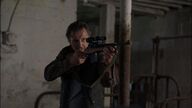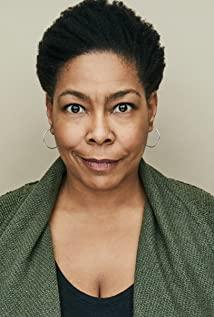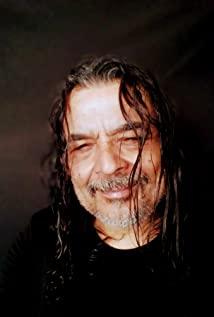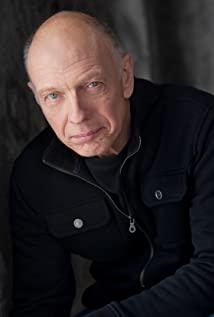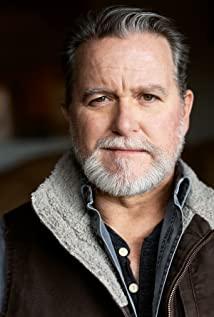Jim's life situation may be called residual life. His wife died, the farm fell into disrepair, the bank collected debts, and he was unable to make a living. His life is no longer a matter of subjective will, but a mechanical continuation.
Jim is a good guy, as can be seen from his attitude towards the bank manager. If this is Mr. Dongmu, he will speak directly with a gun. Whether it is found that cross-borderers insist on contacting the police, or blocking pursuers with guns, it is because it is morally right. It's just the instinct of a good person. But this instinct has a profit and loss threshold, so when things happen more than expected, he also shouts why you are going from my place. It means, I am a good person, so I have to take care of it when I see it, but why do you want me to see it.
After discovering the money, Jim was hesitant, but the hesitation wasn't about paying it to the public or leaving it privately. The stay was for sure, and he was hesitant to do nothing or send the kids to Chicago as a deal. This mental state is the same as before. He needs money, but he also needs the psychological awareness that he is a good person. So doing things and getting money is more at ease.
Jim's wavering doesn't really make sense. He killed Mauricio's younger brother, turning his "official business" into a personal vendetta. Whether the other party will come to him has nothing to do with whether he sends Miguel to Chicago. Therefore, even if he goes back and presents the child with his own hands, it is impossible for him to retreat completely. Therefore, this wavering is just for the sake of promoting first and suppressing it. But the scene of burning money is a bit big, and it's a bit nonsense. This act is meaningless, it is a determination to God, it is the rhythm of being a saint.
The final battle is also a bit nonsensical. Jim draws the child's attention in order to kill the enemy, but if you can't kill all the enemies, then exposing the child's position is not worth the gain. Holding a kid and telling you to put down the gun you have to put down the gun, but things start to go wrong after you put the gun down. Although usually the villains die because of too much talk, this time it was a bit outrageous. Facing the enemy who killed his younger brother, Mauricio actually talked about the meaning of life. And he also wanted to train the little boy who watched him kill his mother into a killer. Are you having trouble recruiting in this industry? Are you really afraid that he will become a killer and be the first to seek revenge on you?
Finally committed suicide. The two of you are not lifelong enemies who cherish each other even though you are rivals, that is, you are nosy people and so on when you are doing business, and you also killed your brother. Wake up, he killed your brother, even if you are dying, there is a bullet, you don't hit him, hit yourself? Do you have the face to go down to see your brother?
In fact, the biggest logical flaw is that who said Chicago is a safe house. You provoked a mob boss who even the police were afraid of. He sent a horse boy to settle the matter, but he killed you. and then? He will stop right now, no more money and no one to look for? You just gave the social news of the massacre to the newspapers in Chicago.
View more about The Marksman reviews






